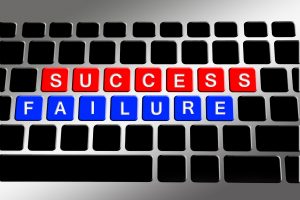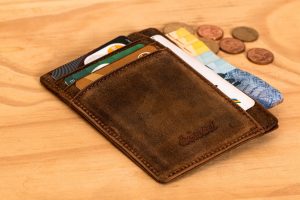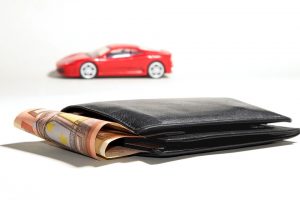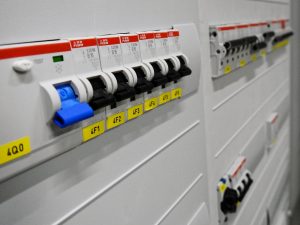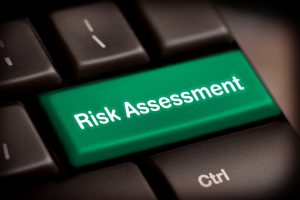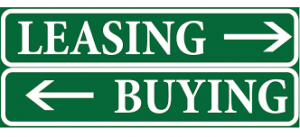CONFIRMATION AND CORROBORATION IN LEASING
A lessor did a transaction in which the lessee presented postdated cheques, bank statements, staff ID card, house address and pro-forma invoice, as part of the requirements for the lease. The lessor only realised that the information given by the lessee were false after the transaction went bad. This true story remains a reoccurring decimal in the industry facilitated by weak risk assessment. Risks analysis is essential to the business of leasing- involving a thorough analysis of both the…



